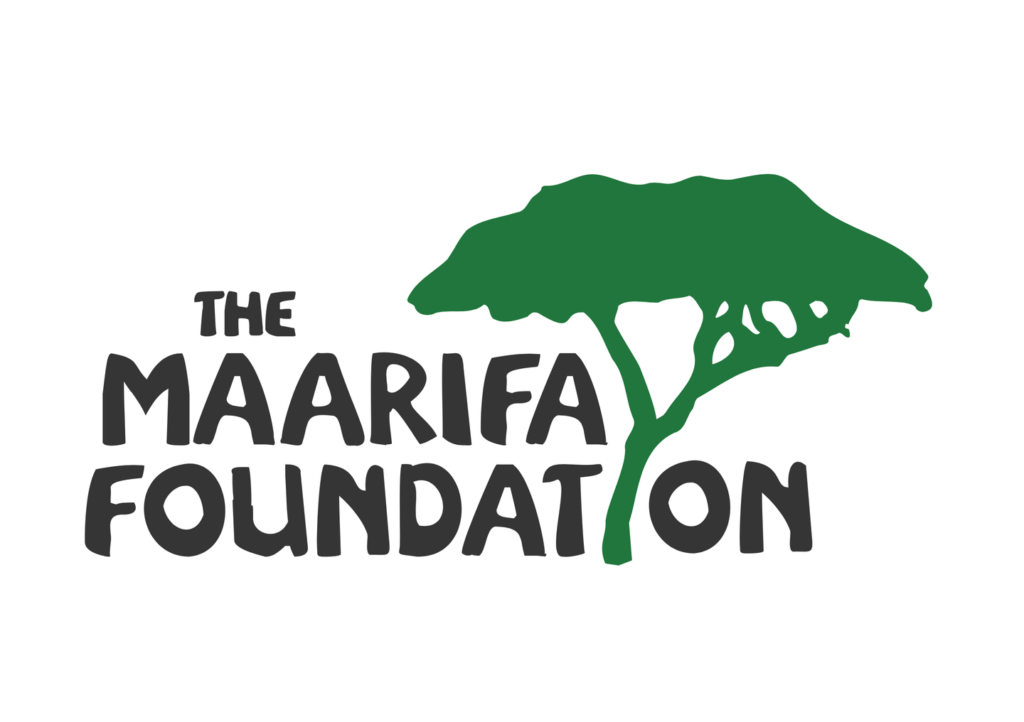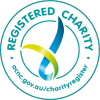
As part of our Global Twinning Program, we help Australian kids to achieve local environmental goals, by providing information and resources for sustainabile living. We suggest simple, easy ways in which we can all live more sustainably and help contribute to the conservation of native fauna and flora.
Did you know nearly half of solid waste produced globally is organic or biodegradable? Or that energy is the biggest contributor to climate change, accounting for 60% of global greenhouse gas emissions?
We can ALL make small but meaningful contributions to protect and enhance the world we live in. Visit Our Projects for school activity options, or scroll through this page for some quick tips and links that we can ALL do at home.
Sustainable Living
Reducing Waste and Recycling
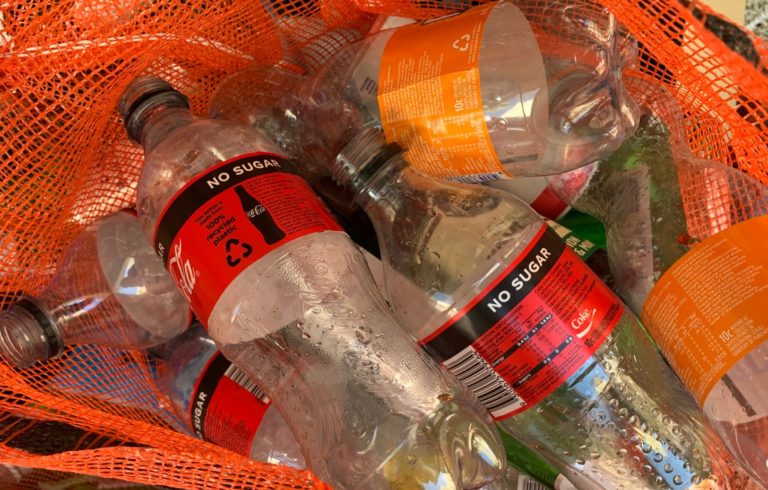
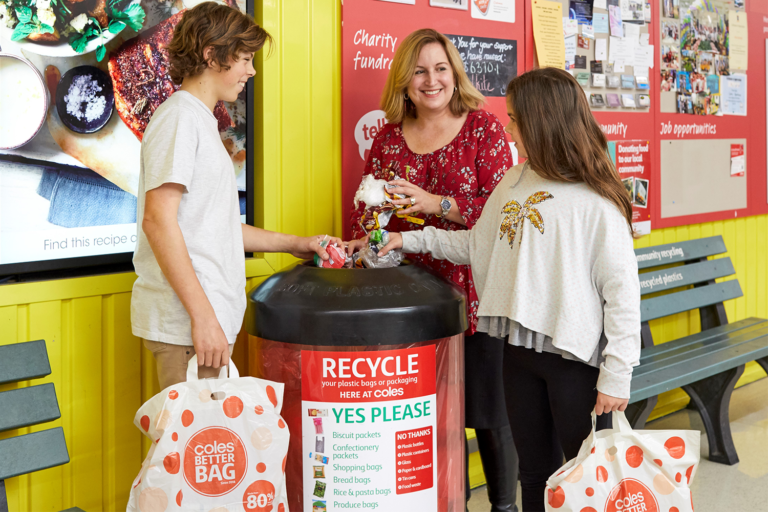
Receive a 10c refund for returning eligible containers to your nearest drop-off point.
Keep plastic bags and other soft plastics out of landfill by dropping them into a Redcycle bin, found at any Coles or Woolworths store. Redcycle recycle these materials to create concrete, pathways, fence posts and park benches!
Enter your postcode and return used batteries to your nearest recycle point, found at most Officeworks, Aldi and Battery World stores.
Enter your postcode to find out what recycling programs and services are offered in your local area.
Terracycle offers opportunities for recycling items like oral care products, cosmetics and cleaning products by working with brands like Colgate, Gilette, Garnier and many more.
Creating a Wildlife-friendly Environment
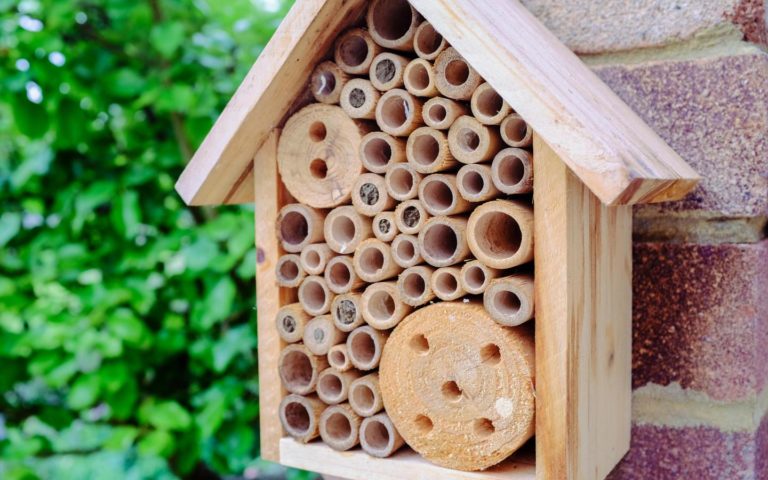
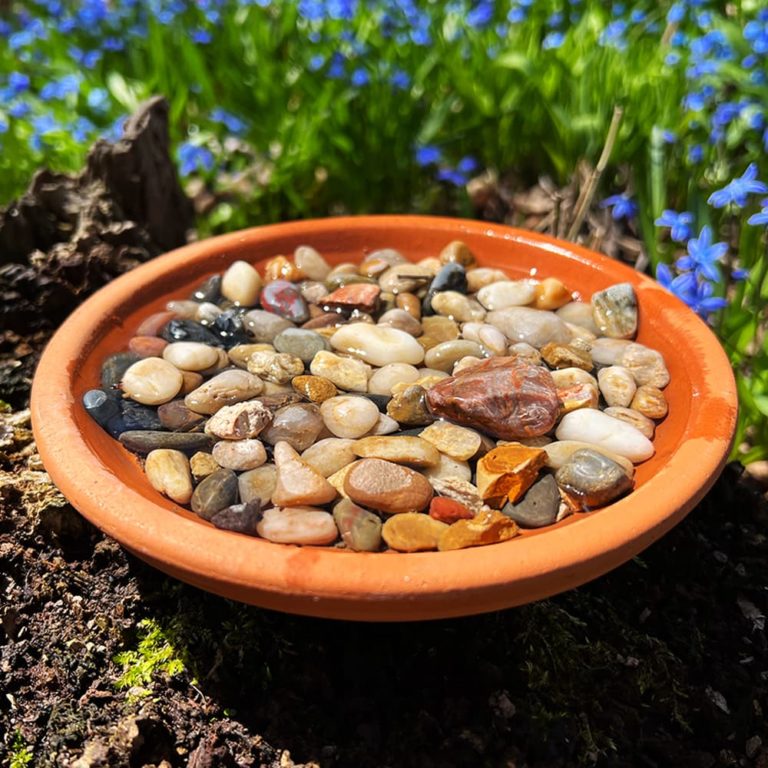
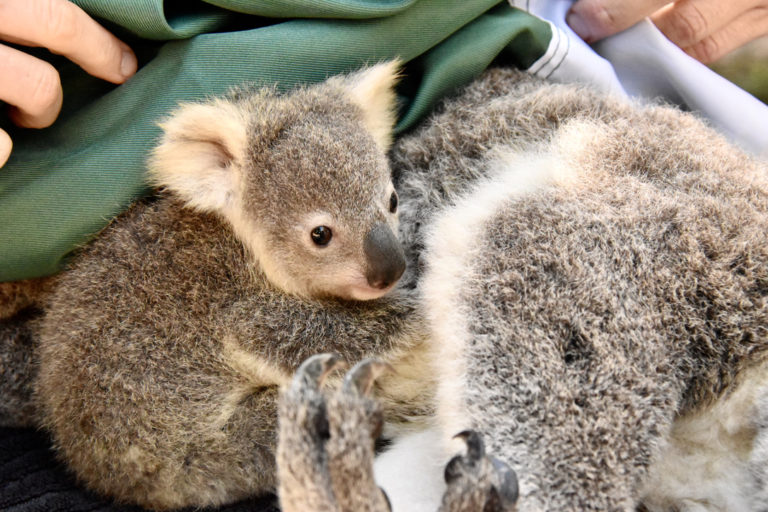
Found out how to provide habitat for native species, including butterflies, bees, bats and frogs.
During dry weather and periods of extreme heat, it’s important that we care for our native wildlife. Leave bowls of fresh, clean water out in shady locations. Shallow dishes are better for smaller animals. If you use a large container make sure to provide a rock or stick so that small animals can climb out. Place the container in an area where animals are protected from predators when drinking e.g. near a shrub or bush and keep your pets away from this area so that animals can drink undisturbed. Check out the link for more information.
Why is planting locally native species best?
- They attract native birds, butterflies and frogs to your garden.
- They often require less water.
- They provide a food source and habitat for local wildlife.
- Native plants are adapted to the local conditions.
- Native gardens are unique and attractive and complement the local landscape character.
- Gardens filled with local native plants provide much needed additional resources for wildlife.
- They can help you avoid having environmental weeds escape from your garden into waterways and natural areas.
The Australian Native Plant Society provides a list of native plant nurseries in your State or Territory.
Many local and regional councils around Australia offer free native plants. Check to see whether you’re eligible.
For sick, injured or orphaned wildlife, use the ‘search’ tool at Australian Fauna Care to contact your local wildlife rescue group or become a registered and qualified wildlife rescuer or volunteer.
Composting
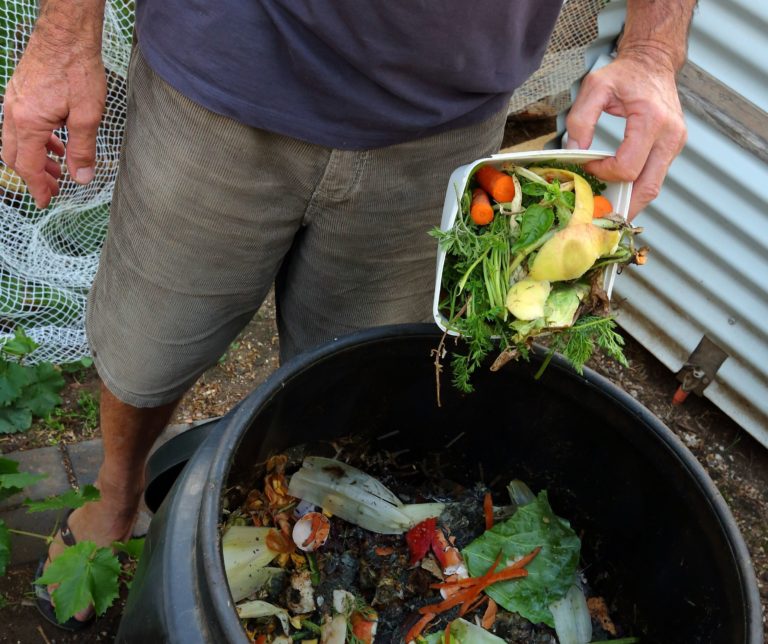
Claim a heavily subsidized compost bin from your local council.
Access discounted compost products and free advice, info and educational tools to get composting.
Sign up to either donate or accept food scraps from people in your local area! Perfect for neighbours with established composts, worm farms or backyard chooks.
Brisbane City Council has partnered with community gardens around Brisbane to encourage residents to drop off their organic waste and compost.
Information on how and what to compost and the kinds of compost systems you can set up at home.
Sustainable Gardening
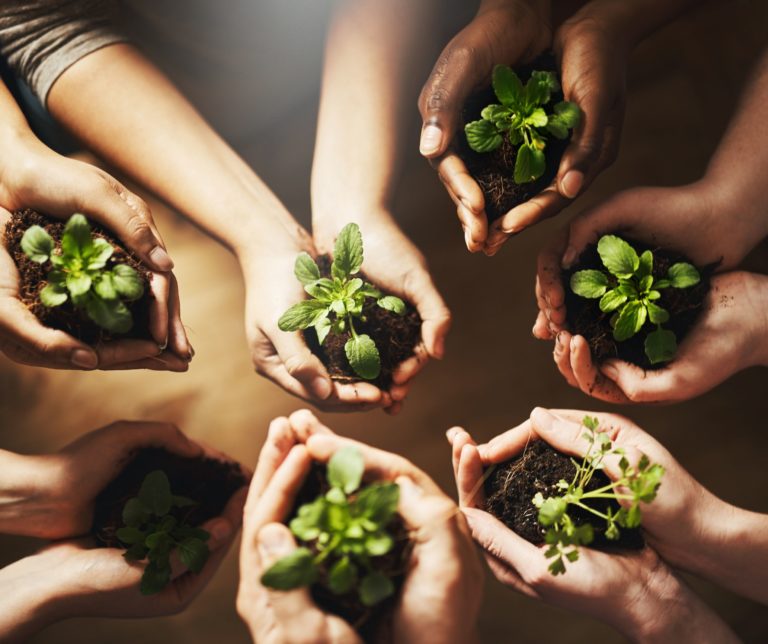
The SGA site is a great place to begin your gardening journey, with webinars, community workshops and information on planting locally native species.
Search Gardening Australia’s online database for information on specific plants and their growing conditions.
Not only does this site let you search for community gardens in your local area, but their blog section contains a ton of resources on how to go about starting your own urban garden.
Love The Garden is an Australia based website with tonnes of information and gardening resources, including their free downloadable planting calendar and nature journal for the kids, as well as a compost and mulch calculator.
Reducing Energy Consumption
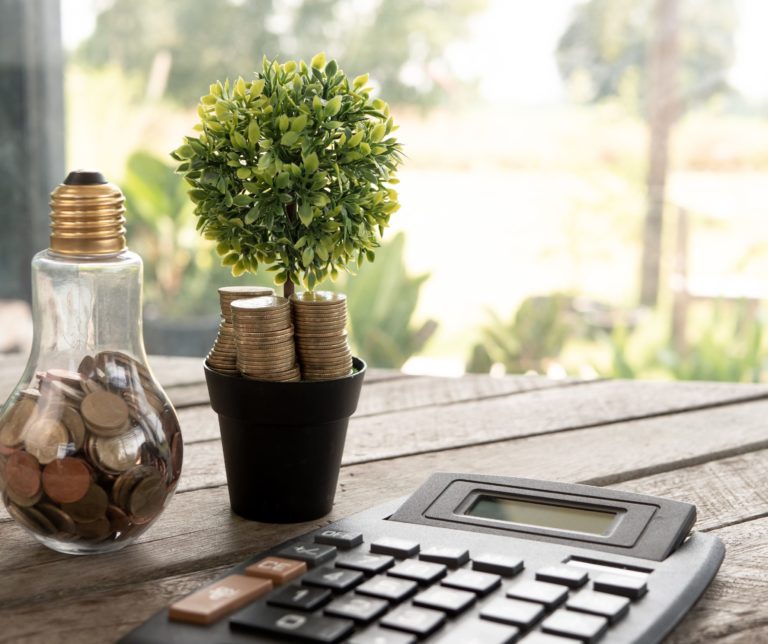
This Australian Government site details how to save money on energy bills and how you can minimise your energy consumption at home depending on season, lifestyle and work schedule.
